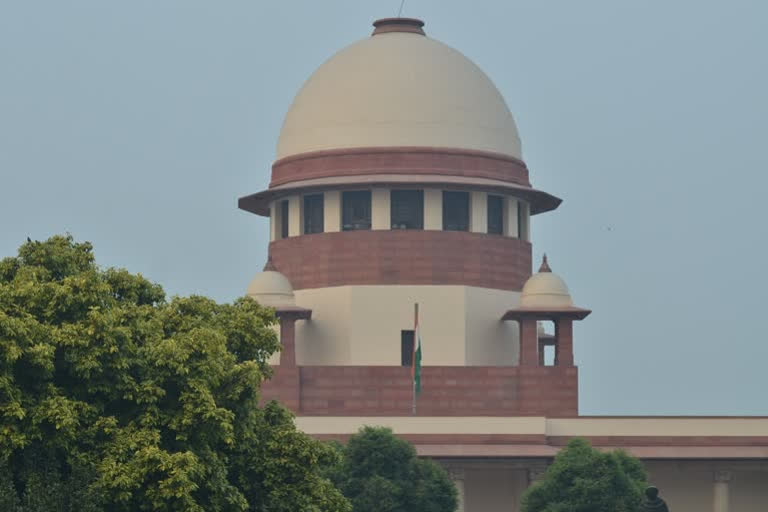New Delhi: The Supreme Court has directed the Centre to revisit COVID-19 vaccine pricing policy for 18-44 age group, saying it would prima facie be detrimental to the right to life which includes public health and is violative of fundamental right under the Constitution.
Expressing reservations on the vaccine policy under which the states and private hospitals are to procure 50 per cent of the vaccines in order to immunise persons in the 18-44 years age group, the top court said leaving the state governments to negotiate directly with manufacturers will produce chaos and uncertainty.
A bench headed by Justice D Y Chandrachud said once the vaccination programme has been opened up for persons other than the 45 plus age group, it would not be logical to impose the obligation to source vaccinations for the 18-44 age group on the state governments.
This will leave each state to negotiate supply schedules, delivery points and other logistical arrangements with the manufacturers, it said.
The top court noted that the manufacturers have suggested two different prices, a lower price which is applicable to the Centre and a higher price which is applicable to the quantities purchased by state governments.
Read:India receives oxygen production plant from Italy
'Prima facie, the rational method of proceeding in a manner consistent with the right to life (which includes the right to health) under Article 21 would be for the Central government to procure all vaccines and to negotiate the price with vaccine manufacturers,' the court said in a 64-page order uploaded on its website late Sunday night.
The apex court said that compelling state governments to negotiate with manufacturers on grounds of promoting competition and making it attractive for new vaccine manufacturers will result in a serious detriment to those in the age group of 18 to 44 years, who will be vaccinated by state governments.
The social strata of this age group also comprises persons who are Bahujans or belong to other underprivileged and marginalised groups, like many in the other population age groups. They may not have the ability to pay.
'Whether or not essential vaccines will be made available to them will depend upon the decision of each state government, based on its own finances, on whether or not the vaccine should be made available free or should be subsidised and if so, to what extent. This will create disparity across the nation. The vaccinations being provided to citizens constitute a valuable public good,' the bench said.
Read:Secretary Blinken meets Japan's FM in London
The bench, also comprising Justices L Nageswara Rao and Ravindra Bhat said, discrimination cannot be made between different classes of citizens who are similarly circumstanced on the ground that while the central government will carry the burden of providing free vaccines for the 45 years and above population, state governments will discharge the responsibility of the 18 to 44 age group on such commercial terms as they may negotiate.
